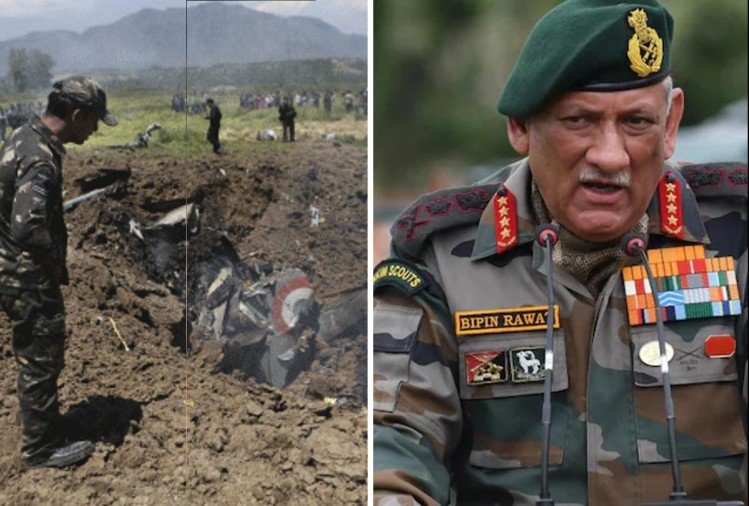Developments along the Line of Actual Control (LAC) in Eastern Ladakh have added to the ongoing legacy challenges on India’s active and disputed borders on the western and eastern front, Chief of the Army Staff General Manoj Naravane said on Thursday. According to him, such incidents will continue till such time a long-term solution is reached, which is to have a boundary agreement.
He also said that the unprecedented developments at the Northern Borders necessitated large scale resource mobilisation, orchestration of forces and immediate response, and all this in a Covid infested environment.
Recent developments in Afghanistan “have definitely been the focus” of the Indian Army that continues to evaluate threat perceptions and formulate strategies accordingly, the Army chief added while addressing a gathering at the PHD Chamber of Commerce and Industry.
“You would appreciate that each of the three Services — the Army, Navy and the Air Force — has its own set of challenges. Because of our peculiar environment of contested borders and an ongoing proxy war in the hinterland, the Indian Army is in active operations throughout the year, safeguarding the territorial integrity and sovereignty of our Nation,” General Naravane said.
Though much efforts have been made to bring about systemic changes with the aim of the ease of doing business, it however remains a work in progress. “There are still archaic rules and processes that defy logic and are at variance to modern best practices. This needs to be addressed,” Gen Naravane said.
The delegation of “emergency” powers and procurements to the armed forces, initially invoked in June last year and then extended till August this year, has given extremely positive results.
Under this, 113 contracts for revenue procurement of operationally critical ammunition, armament, vehicles, spares and special mountaineering equipment for almost Rs 9,000 crore were concluded. Another 68 contracts for capital procurement were inked for about Rs 6,500 crore.
“During the conclusion of these contracts, savings of about Rs 1,700 crore accrued due to the diligence and financial prudence of the emergency empowered committees at the Service headquarters’ level,” he said.
“Contracts were signed within a year, with another year for the deliveries to commence. The system had been a win-win combination for the industry and the user. The recommendation from the industry to institutionalize it as the standard system for all procurements and not just the emergency procurement, therefore, has merit,” he added.




